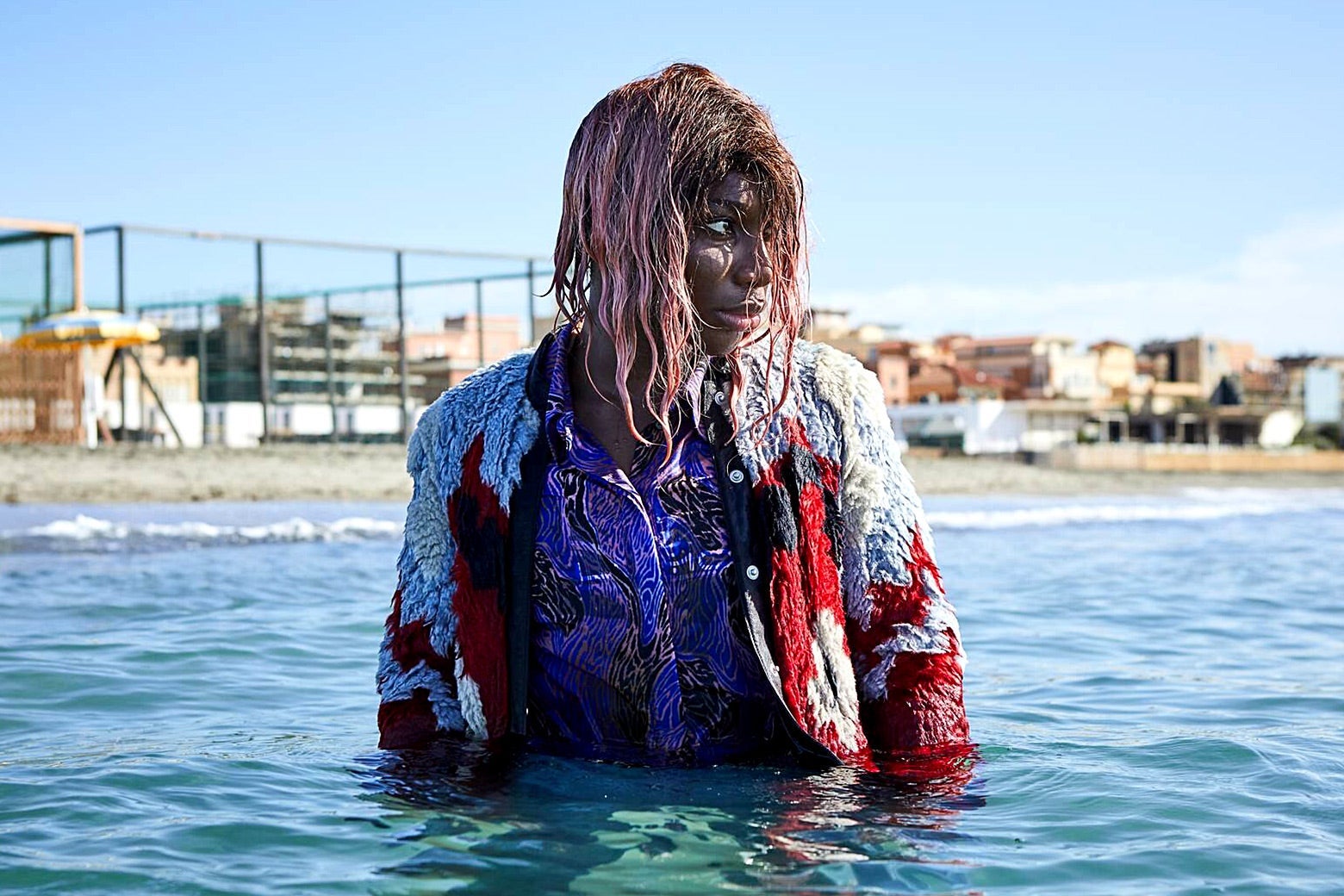

It’s part of a long, well- documented legacy. Incidents like this can certainly happen to anyone, but it can’t be ignored that we, as Black men, are predisposed to suppressing any feelings of victimization. Like Kwame and Malik, both my assailant and I were Black men. “It’s wrapped around this idea of Black masculinity, stoicism, and strength.”Īnd the similarities didn’t stop there. “ trivialized, invalidated, and made to seem like something that Black men should just be able to get over,” Essiedu explains. If I never screamed out like Kwame did, is it possible he just didn’t know how uncomfortable I felt? Did I fight back hard enough to get him off me? I wonder while staring at my admittedly large build in the mirror. Even now, months after first being forced to revisit this long-repressed memory, I struggle to sit with the idea that I was the “victim of assault.” I keep trying to replay every act, wondering if I was really as powerless as I felt. But enlightened by the knowledge I’ve accrued in the years since, I can’t help but also see it as a deliberate attempt to make sure I never felt victimized. Years later, reflecting back on an experience I had rather successfully buried in the upper reaches of my subconscious, I can possibly identify my response at the time as an extension of my internalized shame - as a newly out gay man, I wasn’t even comfortable talking to others about the good sex I was having. It’s scary how adept my brain was at compartmentalizing what happened. I never talked to anyone about it, either. Even with the mandatory seminar on sexual consent I had recently led for incoming freshmen, which stressed the importance of consent that was both affirmative and verbal, I didn’t entertain the possibility that my personal experience with a slightly uncomfortable sexual encounter could qualify as such. I never once classified what happened to me as assault. I went home and sat in the shower for an hour. And once it was, I promptly left his apartment. Like Kwame, I eventually just gave in, lying there, dissociating until it was over. But as he grinded on me, my body noticeably tensed. I didn’t scream out, nor did I fight back as aggressively as I could have.
#I may destroy you trans actor free#
He still wasn’t trying to enter me, but as I wiggled around, clearly trying to free myself from underneath him, I could feel him deliberately adjusting to counteract my attempts. We never agreed to have penetrative sex, but suddenly, I could feel his erect penis planted firmly against my backside. I presumed that he was grabbing a towel to help us clean up, so I was surprised when I felt the weight of his body crush me shortly after. After we finished, I rolled over onto my stomach while the other guy stood up. However, also like Kwame, there came a time when the dynamic promptly shifted. I decided to meet with a stranger I only knew through an app, and like Kwame, had an entire sexual encounter that I’d safely classify as consensual. I was barely 20 at the time and pretty newly out of the closet. Watching Kwame’s assault, I was immediately reminded of a similar experience I had years ago. After coming of age in an era where apps like Grindr and Scruff have made anonymous sex shockingly easy to come by, why wouldn’t you opt to get your rocks off whenever and wherever you wanted? (Sure, a grocery store might not be my first choice, but it’s not like gay men haven’t capitalized on the inherent eroticism of produce anyway.) The brief vignette does a lot to help establish Kwame’s character - self-assured and sexually adventurous, he’s a great representation of the millennial gay man. A visual punchline comes at the end, when we find out that the stranger Kwame had just blown is actually an on-duty cashier, who proceeds to ring up Kwame’s purchases without making so much as eye contact. Kwame stops at the sink to wash his hands and rinse his mouth before walking back out. Inside the stall, he drops to his knees and gives the man a blowjob.

Early on in the fourth episode of HBO’s I May Destroy You, Kwame ( Paapa Essiedu), a gay Black man and best friend to the show’s protagonist, Arabella (Michaela Coel), scrolls through Grindr, settles on a message from a stranger, and slips away to meet him in a nearby restroom.


 0 kommentar(er)
0 kommentar(er)
